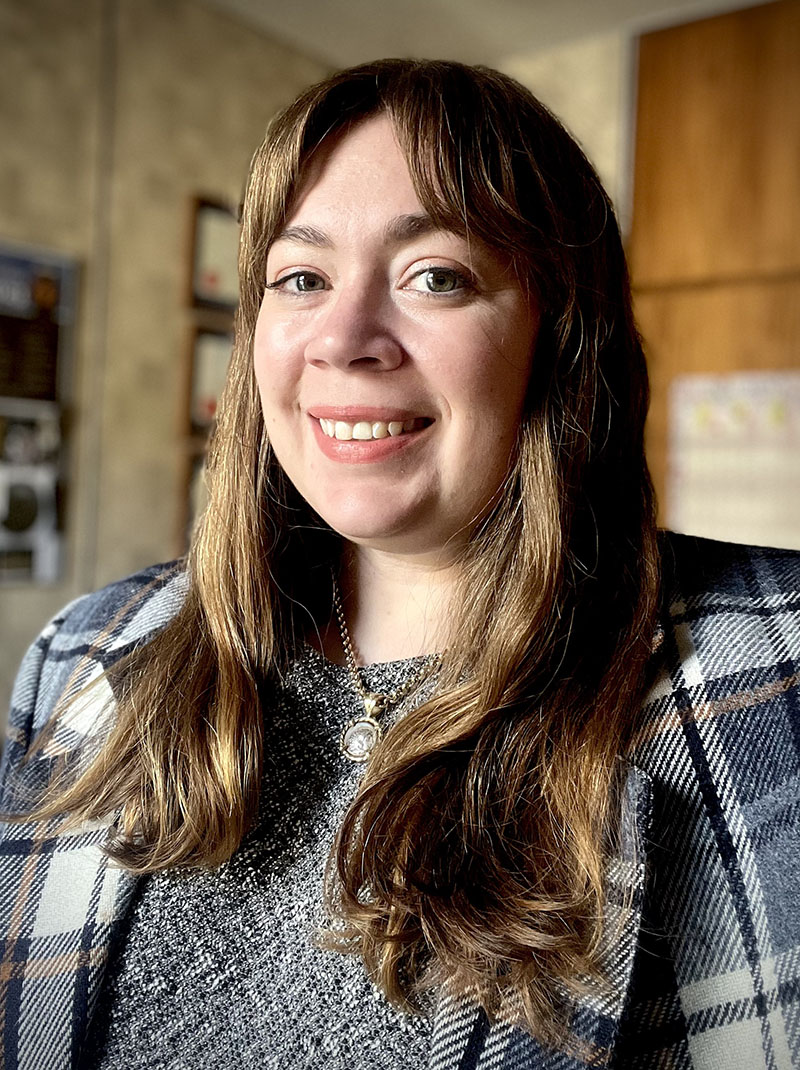Who was Gwen Nettlefold?
Dr Gwen Nettlefold was born in Hobart, Tasmania, in 1961 and educated at Waimea Heights Primary School and Fahan School. She trained as a nurse and as a naturopath. Dr Nettlefold completed a Bachelor of Communications before embarking on her doctorate in Philosophy at the University of Tasmania. Her ability as a philosopher rapidly became apparent and she made a significant contribution to the University as a member of staff, a colleague and an undergraduate tutor. Her doctoral thesis was virtually complete when a brain aneurysm tragically ended her life in November 2001. This Fellowship was made possible as a result of gifts from the family, friends and colleagues of the late Gwen Nettlefold alongside a contribution from the University of Tasmania.

The Inaugural Fellow – Associate Professor Frederic Gilbert
Associate Professor Frederic Gilbert focuses on bio-ethics. He is an expert in neuro-ethics and is not a scientist, but a philosopher. By monitoring patients with brain devices, Associate Professor Gilbert grapples with the ethical questions posed by invasive brain technologies. His research informs the debates that guide policy regulation, especially regarding human clinical and experimental trials.
Associate Professor Gilbert's Project
The Gwen Nettlefold Memorial Fellowship will enable Associate Professor Gilbert to consolidate further his work on the uncharted risks raised by brain-computer interfaces to the notion of Freedom of Thought. Specifically, it will support his research on the ethics of novel neural devices and the phenomenology of AI neurotechnologies.

2024 Fellow - Dr Charlotte Dunn
Dr Charlotte Dunn researches the Hellenistic Age, a time of great innovation and turbulent politics in the ancient world, which saw the rise of several self-made rulers and the creation of important dynasties. Dr Dunn is interested in the mechanisms of power during this time, especially how rulers persuaded their followers of their right to rule through the careful construction of their public image. Through studies of the surviving literary evidence, alongside important objects like coinage (the field of numismatics), Dr Dunn considers the influence of personality and image, as well as success and failure in political leadership, which is as important for our understanding of the ancient world as it is today.
Dr Dunn's Project
The Gwen Nettlefold Memorial Fellowship will enable Dr Dunn to consolidate further her work on the importance of image and its role in politics and propaganda. Specifically, the Fellowship will support her to undertake specialist numismatic work in two important international collections, which will form the basis of publications on gendered power and personality cults within ancient politics.